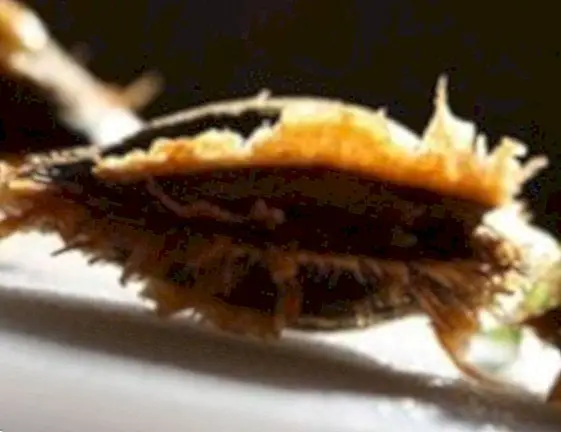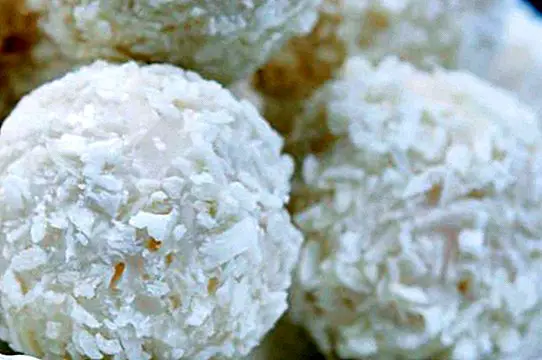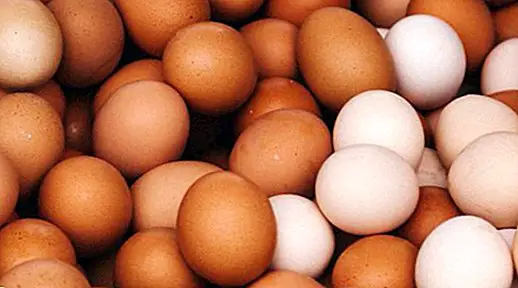Beware of horsetail: its main contraindications
There is no doubt that if there is a plant with highly known and popular medicinal qualities, probably the horse tail It is one of the most important, since it is in fact a recognized medicinal plant with wide popularity due to its diuretic action, especially useful when it comes to relieving and decreasing fluid retention and helping to relieve rheumatic pain.
For example, it is a plant used to relieve fluid retention (edema), for the natural treatment of urinary tract infections, kidney stones, or to help with the inability to control urine normally (incontinence). ).

But as with most medicinal plants and herbs, or like any other product of natural origin, it presents a series of contraindications that make that, at certain times, its consumption is not advisable. And even if we think that natural products can always be safe, the reality is very different: they are not always so, and the dose can be vital in this aspect.
Moreover, it is considered as a possibly unsafe plant When it is consumed orally in the long term, mainly due not only to its effects on health, but to have a chemical called thiaminase tends to break down vitamin B1 (or thiamine).
In fact, as many specialists say, there is no consensus regarding an appropriate dose of horsetail, since it depends on different factors among which we find the person's own age or health status (that is, if he suffers). or not any specific pathology or health disorder).
What are the contraindications of horsetail?
The use of horsetail in the following conditions or health disorders is not advised:
Diabetes
The ponytail could reach reduce blood sugar levels. For this reason its use is not recommended in case of people with diabetes.

It is highly advisable to pay special attention to common signs or symptoms associated with decreased levels of blood sugar, maintaining proper control of diabetes, especially if you consume horsetail.
Low levels of potassium
The hypokalemia (also known medically as hypokalemia or hypokalemia) consists of a disturbance of the electrolyte balance of the organism, in which they occur decreased levels of potassium.
In this sense, horsetail is able to increase the elimination of potassium from the organism, which means that precisely leads to very low levels of potassium. Therefore, its use is not recommended in people who have potassium deficiency.
Horsetail can cause irritation of the gastric mucosa, even in small and normal doses.
Pregnancy and lactation
As with many plants, in the case of horsetail there is not enough reliable information on whether it is a safe plant to consume during pregnancy or breastfeeding.
That is, there is no demonstrable evidence that it can not produce harmful effects on the embryo or baby.
Consumption of certain medications
It is not recommended the consumption of horsetail drugs are taken to control blood sugar levels in the case of diabetes, since they can cause a marked decrease in these values.

On the other hand, it is not advisable to take it in case of lithium consumption, as well as diuretic medications to eliminate fluid retention, as it can cause a very marked decrease in potassium levels in our body.
Other contraindications of horsetail to consider
It is also not advisable to consume horsetail in case of:
- Stomach or bowel ulcers
- Heartburn.
- Stomach flu.
- Heart or respiratory system problems.
- Hypertension or arterial hypotension.
- Alcoholism.


